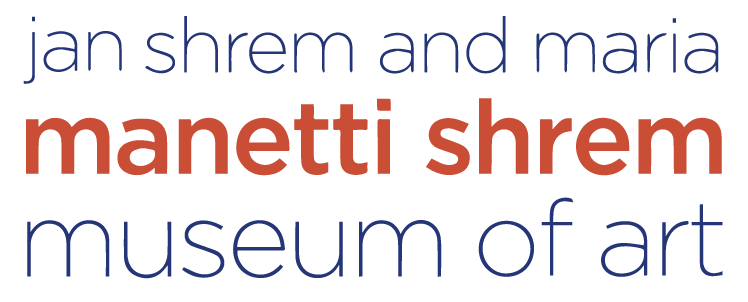
RECASTING: resilient, bio-based alternatives for concrete & ceramics
This ‘sandbox’ exhibit includes prototypical artifacts from ongoing research and development of biogenic cement composites (BCCs), resting on a layer of rice hulls from which they were made. Low-temperature, ecological alternatives to conventional concrete & ceramics like BCCs can ‘decarbonize’ or reduce the approximately 10% of annual anthropogenic CO2 emissions coming from concrete and ceramics lifecycles. As global demand accelerates despite material shortages, climate change and other complexities, this exhibit aims to ‘recast’ conventional material roles and perceptions.
Central to this exhibit is the debut of Aperiodic Table, a bi-modular, reconfigurable sculpture in which each module is made from a different BCC formula. Its geometry is based on Penrose tiling, resembling the aperiodic micro-scale aggregate crystallization patterns which occur in cements. Like the periodic table of elements or community quilt projects, it’s a multi-phase, collaborative project which artists/scientists will add new BCCs to and reconfigure over time. Modules are currently cast in silicone molds (see left) or directly extruded via a 3D printer modified with a paste extruder (see right). These different production processes require different BCC formulas and underscore how means of production must also be ‘recast’ for meaningful material transitions and ‘decarbonization’ to occur.
BIO: Dan Tran
“When I look at how new materials are adopted throughout human history—the stone age, bronze age, the industrial revolutions, it’s clear that meaningful material transitions cannot be made without art movements and artists”
Tran’s interwoven art, design and research practices investigate material ecologies and applications that bridge communities between unbuilt and built environments. Raised in a refugee family and trained as an architect and organic farmer, Tran’s life and work continue revolving around adaptations amidst ever-changing environments. In architecture, ‘adaptive reuse’ refers to conversion of spaces and buildings from one purpose to another, often to meet evolving needs of a community. In organic farming, ‘crop rotation’ works similarly, relying on biodiversity, seasonality and microbial activities to continually reinvigorate soil. These concepts propel his practices.
Having worked extensively in the adaptive reuse of plastics, Tran’s current research shifts focus to biogenic cement composites (BCCs). Biogenic and mineral particulates like rice hulls and gypsum board are reclaimed from local construction and agriculture waste streams. Then, in collaboration with microbial cultures, particulates fuse together at the microscale. Tran aims to develop BCCs into a resilient, collaborative, expressive and ecologically responsible medium that artists, designers and others can cultivate themselves in their creative practices.
www.growetry.com
IG: @growetry









































